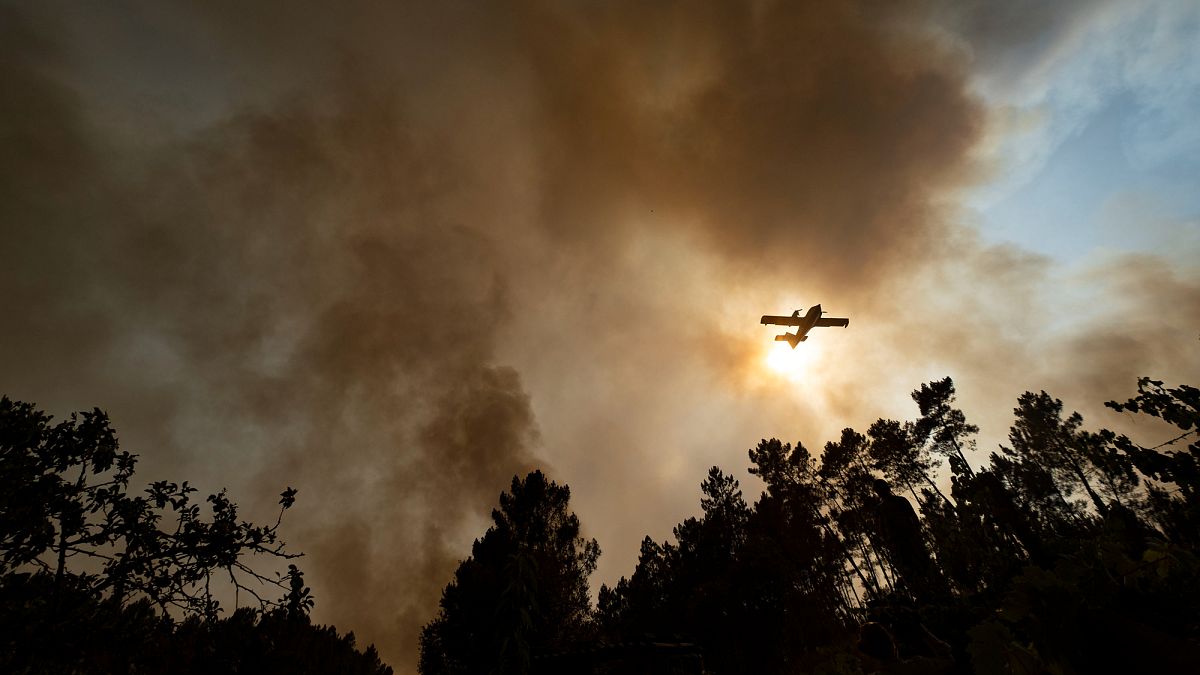

As the world experiences the consequences of climate change, various nations are responding in unique and thoughtful ways, aiming to protect their environments and populations from its implications. From innovative adaptations in Biscay to Kazakhstan’s shift towards cleaner energy, and the record heatwaves in the Nordic regions, these efforts exemplify diverse approaches to addressing a global issue.
In Portugal, the government has declared a high-alert status due to an anticipated period of extreme temperatures. From August 2nd to August 7th, the country’s mainland will be vigilant against the heightened risk of wildfires, a critical issue exacerbated by rising temperatures. Minister of Internal Affairs, Maria Lúcia Amaral, emphasizes the importance of preparedness during this period as authorities implement protective measures to safeguard both people and the environment.
Meanwhile, the region of Biscay in Spain is embracing forward-thinking infrastructure to combat the effects of climate change. In the city of Bilbao, efforts are underway to enhance resilience against storms and incorporate sustainable energy solutions. These developments not only highlight the region’s commitment to environmental stewardship but also demonstrate a proactive stance in adapting urban landscapes to more unpredictable climatic conditions. By storm-proofing electricity grids and integrating electric docking for its ports, Biscay reflects a harmonious blend of tradition with modern technology in its environmental strategy.
Turning our attention to Central Asia, Kazakhstan is pioneering a transition towards an energy mix that promises a reduced carbon footprint. The country aims for carbon neutrality by 2060 by harnessing renewable sources like wind and solar, complemented by nuclear energy. This strategy highlights Kazakhstan’s dedication to sustainable development and energy independence, setting a benchmark for other countries within the region and beyond.
However, as the world strives for these positive changes, challenges persist, as evidenced by the unprecedented heatwave sweeping across Nordic countries. For regions accustomed to colder climates, this prolonged exposure to temperatures exceeding 30°C (86°F) presents unique difficulties. In the Norwegian Arctic Circle, temperatures have soared above 30°C for 13 days in July alone, while Finland has endured a continuous three-week period of intense heat. These conditions, described by scientists as unprecedented, underscore the urgent need for environmental action and mitigation strategies across Europe and the globe.
Through these varied responses — from Portugal’s preventative measures to Biscay’s infrastructural innovations, Kazakhstan’s clean energy vision, and the Nordic countries’ current trials — it becomes clear that addressing climate change requires both localized and global solutions. The path forward involves a mindful grasp of current realities with an eye towards sustainable and hopeful futures. In these efforts, there lies an opportunity for collective growth, understanding, and synergy in how humanity interacts with the natural world we all share.
Source: {link}
